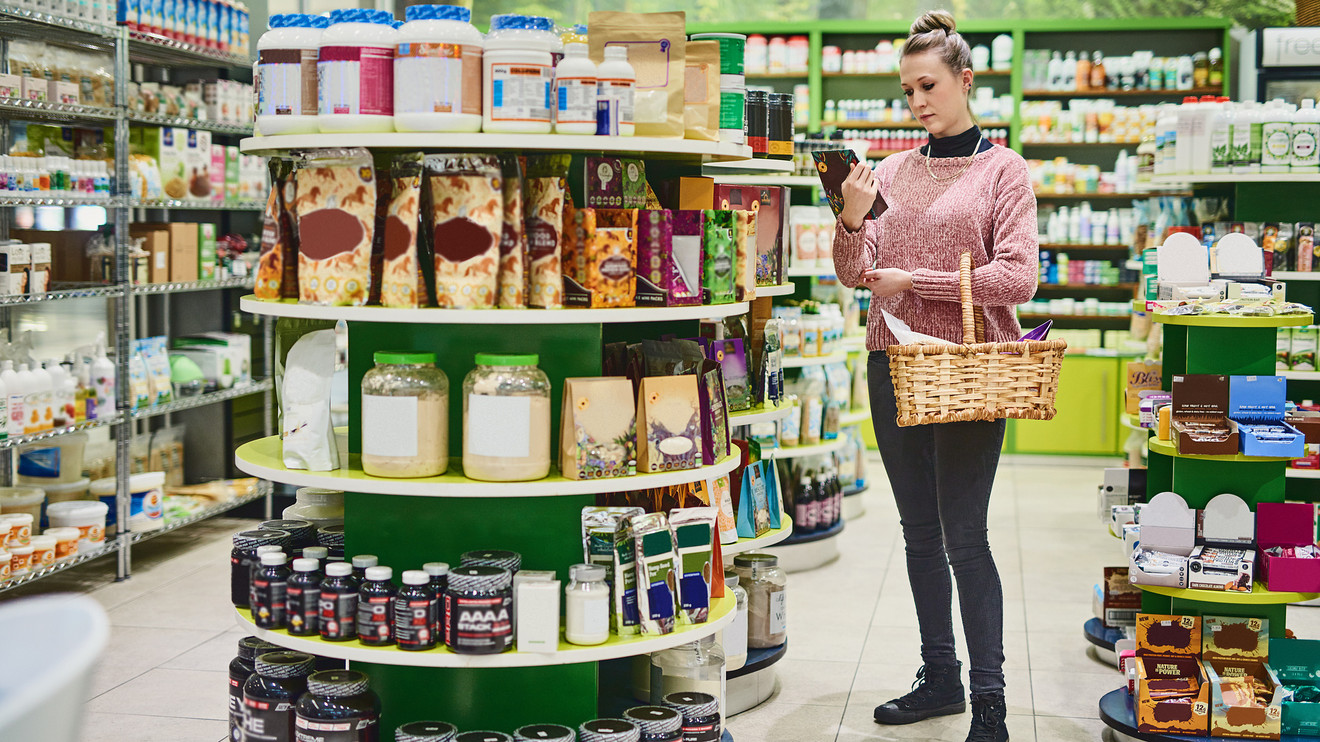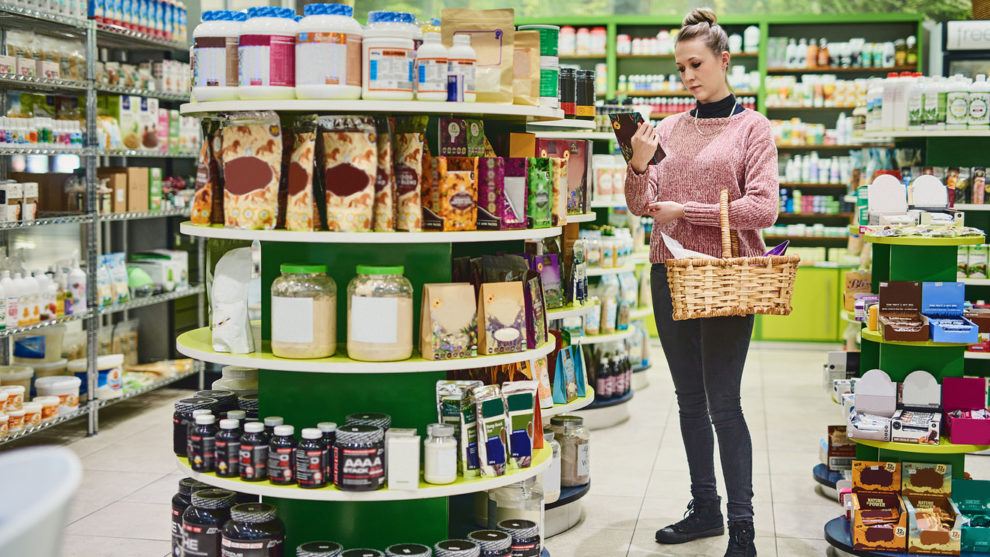
A beauty brand that hawks lip plumpers and CBD-infused facial masks has been accused of falsely labeling its products as organic and vegan.
Miami Beach-based Truly Organic will pay $1.76 million to settle a Federal Trade Commission complaint that the company deceived shoppers by labeling its products as organic and vegan. An FTC investigation revealed that some Truly Organic products contained no organic ingredients at all, and others contained ingredients that were not vegan, including honey and lactose, according to the FTC complaint.
“This conduct distorted competition for organic products, inflicting harm on honest producers,” FTC Commissioner Rohit Chopra said in a statement. Truly Organic and CEO Maxx Appelman also “harmed consumers, some of whom may have purchased their products for health reasons,” it added.
The case is the latest reminder to shoppers to read labels with a skeptical eye, and to think twice before shelling out extra money for products whose labels are brimming with buzzwords. Consumers are increasingly drawn to products whose labels tout “clean” attributes such as organic or cruelty-free, a 2017 analysis by market research firm Nielsen found. And they’re willing to pay more for brands that market themselves as “sustainable,” a broad term that can include organic, a previous Nielsen report found.
But government regulators only monitor some of these claims, so it’s often up to consumers to make sure they’re getting what they pay for.
‘As organic as possible’
Truly Organic did not admit or deny any of the allegations in the complaint under the terms of the settlement. “We have decided to settle the lawsuit in order to focus on our brand, products, customers and to avoid the distraction of prolonged litigation,” Truly Organic founder and CEO Maxx Appelman told MarketWatch in an email.
“Our goal has always and will always be to create healthy, vegan, clean products that are high performing and offer a luxurious experience.” Appelman said his company’s first priority is affordability, and that the brand strives to make products that are “as organic as possible while being as effective as possible.”
How shoppers can tell whether a product is really organic
Shoppers who want to ensure they’re buying organic food should look for the U.S. Department of Agriculture’s certified seal, which means the product has been vetted by USDA’s National Organics Program.
But even that’s not always a guarantee, said Katherine Paul of the Organic Consumers Association. “A handful of ‘bad actors,’ and occasionally some certifiers, do not strictly adhere to USDA regulations,” Paul said. “That’s why we continue to pressure the USDA on stronger regulations and better enforcement, and recommend that consumers conduct their own due diligence when possible, when shopping for certified organic products.”
Beauty products are a different matter. The Food and Drug Administration doesn’t define or regulate the term “organic” for beauty products. (But if those products contain agricultural ingredients, they can be regulated by the USDA, a USDA spokeswoman said.)
Shoppers on the hunt for organic beauty products should read the label carefully, said Gay Timmons, president of the Natural and Organic Health and Beauty Alliance. If it says the product is organic, there should be a certificate and a statement on the back of the bottle that explains which certifier vetted the product, she told MarketWatch.
While there’s no federal certification for organic beauty products, the state of California certifies products, and so do some individual retailers and nonprofit organizations like the U.K.’s Soil Association and EcoCert in France.
Tips for verifying vegan products
As for vegan products, the USDA doesn’t certify products as vegan — meaning they contain no animal byproducts whatsoever — and neither does any other government agency. The animal advocacy group People for the Ethical Treatment of Animals maintains an app and online database of vegan, non-animal-tested products that’s grown from 12 companies in 1987 to more than 4,000 currently, said PETA senior vice president Kathy Guillermo.
“These kinds of lies are rare — but they do occur,” Guillermo said of the FTC’s complaint against Truly Organic. “Most company executives are either more ethical or more realistic about getting caught. We support the FTC’s important work here, which is crucial for both consumers and animals.”
Truly Organic customers could get refunds
Truly Organic sells its products at Nordstrom JWN, +2.17%, Urban Outfitters URBN, +5.09%, on Ulta.com ULTA, +3.42% and on Aerie.com ANF, +0.72%. None of those companies responded to requests for comment from MarketWatch. The product line includes a rainbow-hued Unicorn Fruit Body Butter for $20 and a $30 CBD “glow serum.”
The FTC complaint said Truly Organic’s products fall into two categories: “products that they ‘make’ by purchasing wholesale bath, beauty, and home products online, adding ingredients to increase visual appeal, and repackaging; and ‘bath bombs’ and soaps that they purchase as finished products from online wholesalers and resell at a substantial markup.”
The FTC gives refunds to consumers harmed by deceptive marketing claims, and the court order in the Truly Organic case indicates shoppers may get some money back. The FTC’s law-enforcement actions led to more than $2.3 billion in refunds for consumers between July 2017 and June 2018, according to the agency. In April, it handed out nearly $515,000 to consumers who paid for unproven “amniotic stem cell therapy.”












